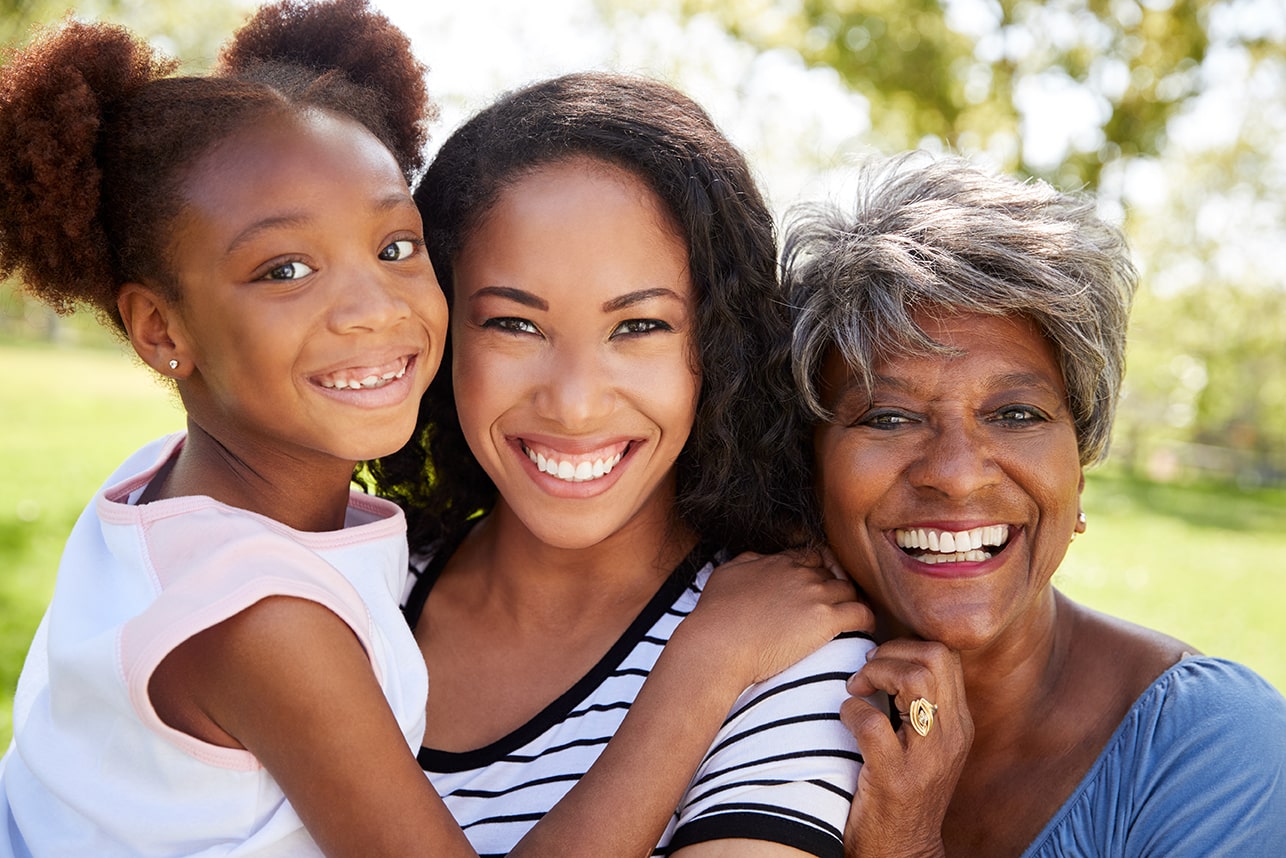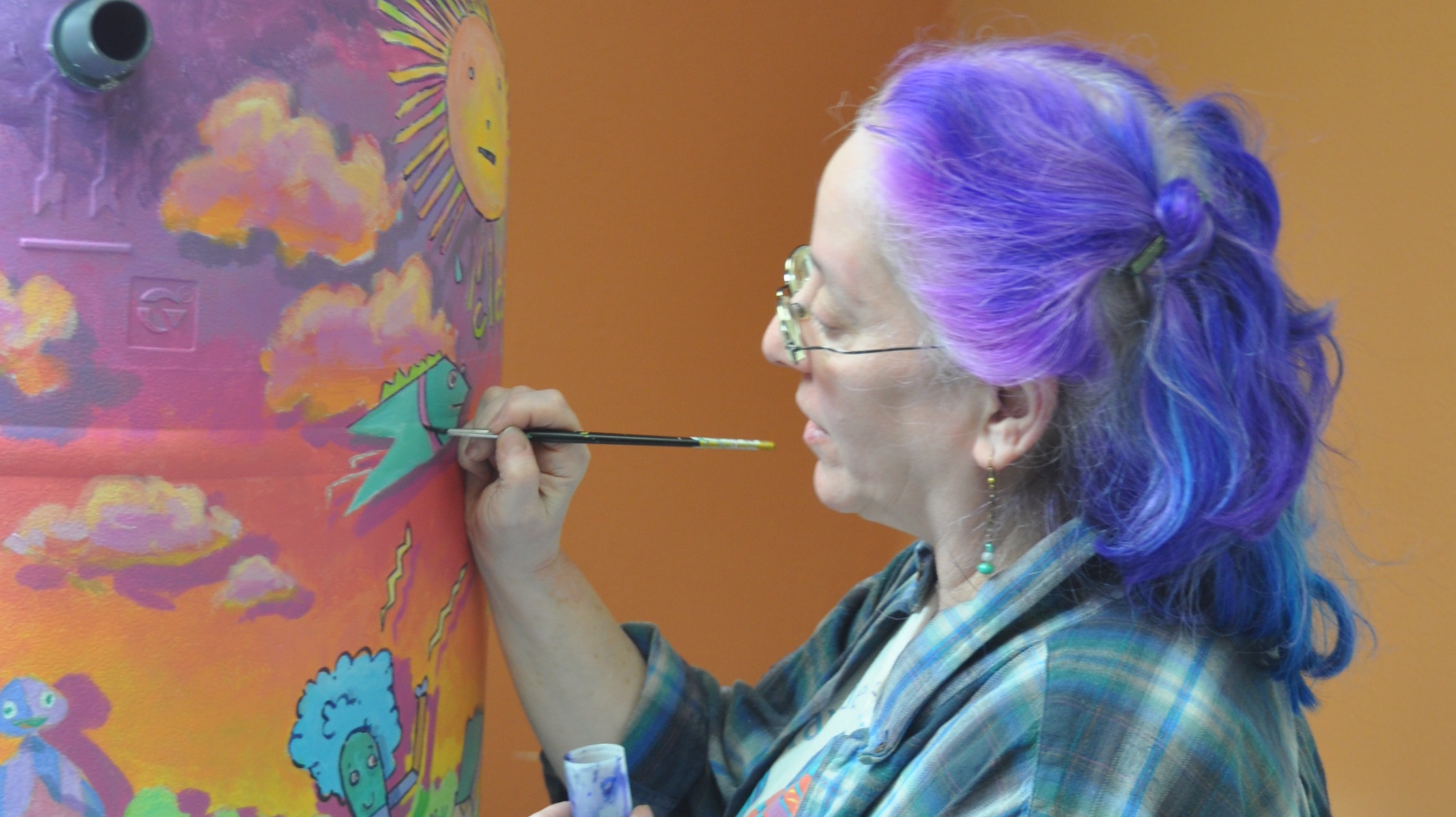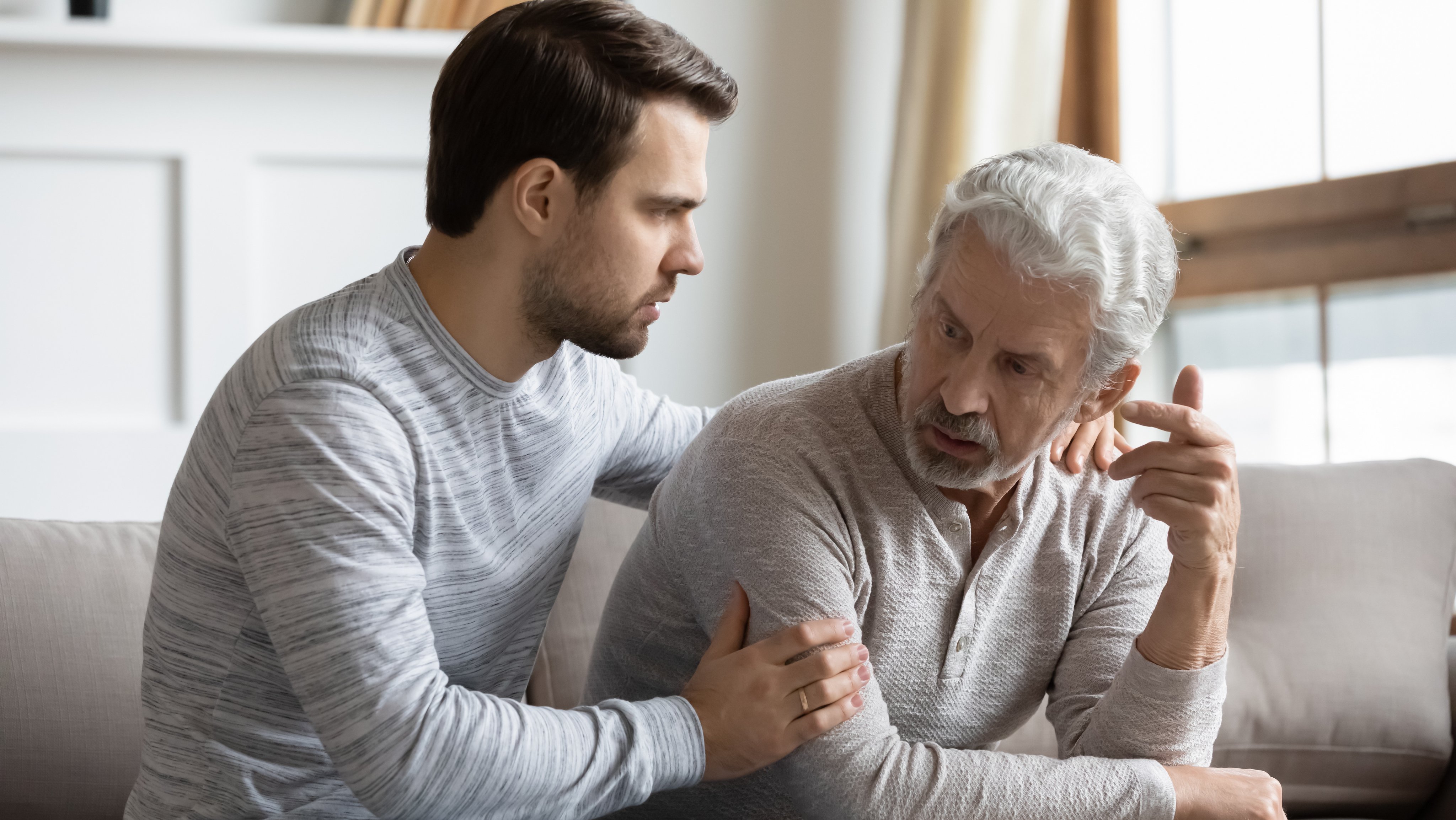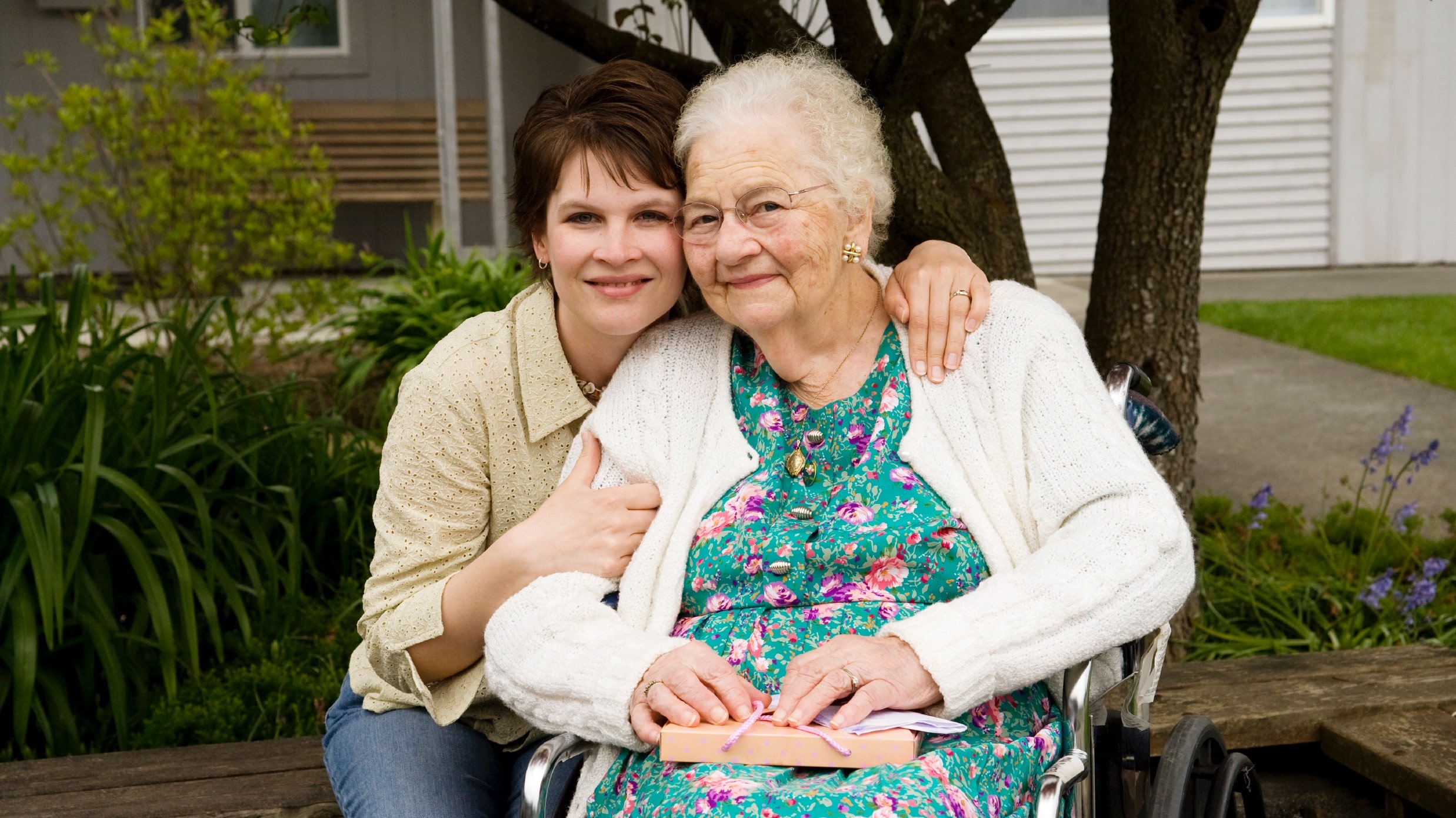Resources
Mobile Resource Library Tabs
Filters
Search
Categories Navigation
Asset Publisher
Content with Type Article .
Resources

Communicating a Loved One’s Health and Dementia Behaviors to Children
Finding out that a family member has dementia and providing care for them can be full of both challenges and meaningful moments. It also impacts the whole family. When we add children into the mix, certain situations can get even more difficult to handle. Many of us may be struggling with how to communicate a loved one’s health or dementia-related behaviors to young children, such as a loved one’s grandchildren, especially regarding what to say and how to say it. However, having these important discussions can also be a positive shifting point in our relationships with them.
Read MoreBy Kerstin Yoder | 09/15/2021

Creative Arts Programming for Older Adults
Finding meaningful ways to engage with an older loved one can be a challenge, especially during the pandemic. For those looking for an activity to do together with a loved one—whether indoors or outdoors—creative arts may be a good place to start! Helping a loved one get in touch with their creative side can offer many benefits and may be easier to do than we think.
Read MoreBy Ashlee Cordell | 09/15/2021

Understanding and Managing Dementia-Related Behavior Changes
A loved one with dementia will experience many changes as the disease progresses. Though dementia is most commonly associated with memory loss, the changes dementia causes to the brain impact more than just memory—personality and behavior can be affected as well. We may feel that a loved one with dementia isn’t “acting like themselves” or that their actions might be “uncharacteristic.” Sometimes this can manifest in small ways, like being less alert than usual, or being more talkative around strangers. Other times, they may say or do something much more difficult to handle, like having an outburst of anger in public or making a sexually inappropriate comment.
Read MoreBy Julie Hayes | 08/16/2021

Home Health CAHPS FAQs: Understanding the CAHPS Rating
In 2016, CMS added the Star Rating System to the information presented on the Home Health Compare website. This visual element is designed to make it easier for consumers to compare providers, but the methodology behind the Star Ratings can be a little difficult to understand. To help clarify, we’ve developed a list of Frequently Asked Questions to provide answers to some of our most common inquiries.
Read MoreBy Alyssa Ciancibello | 08/16/2021

I Can’t Be the Caregiver Anymore: How to Transition from Your Role
Becoming a caregiver to an older loved one is a big commitment, and like other commitments in life—wedding vows between spouses, the responsibilities of parenting—it can often feel binding. Many of those who become caregivers do so with the intentions of staying in this role until their loved one passes away. However, this is not always possible or realistic.
Read MoreBy Julie Hayes | 08/16/2021
